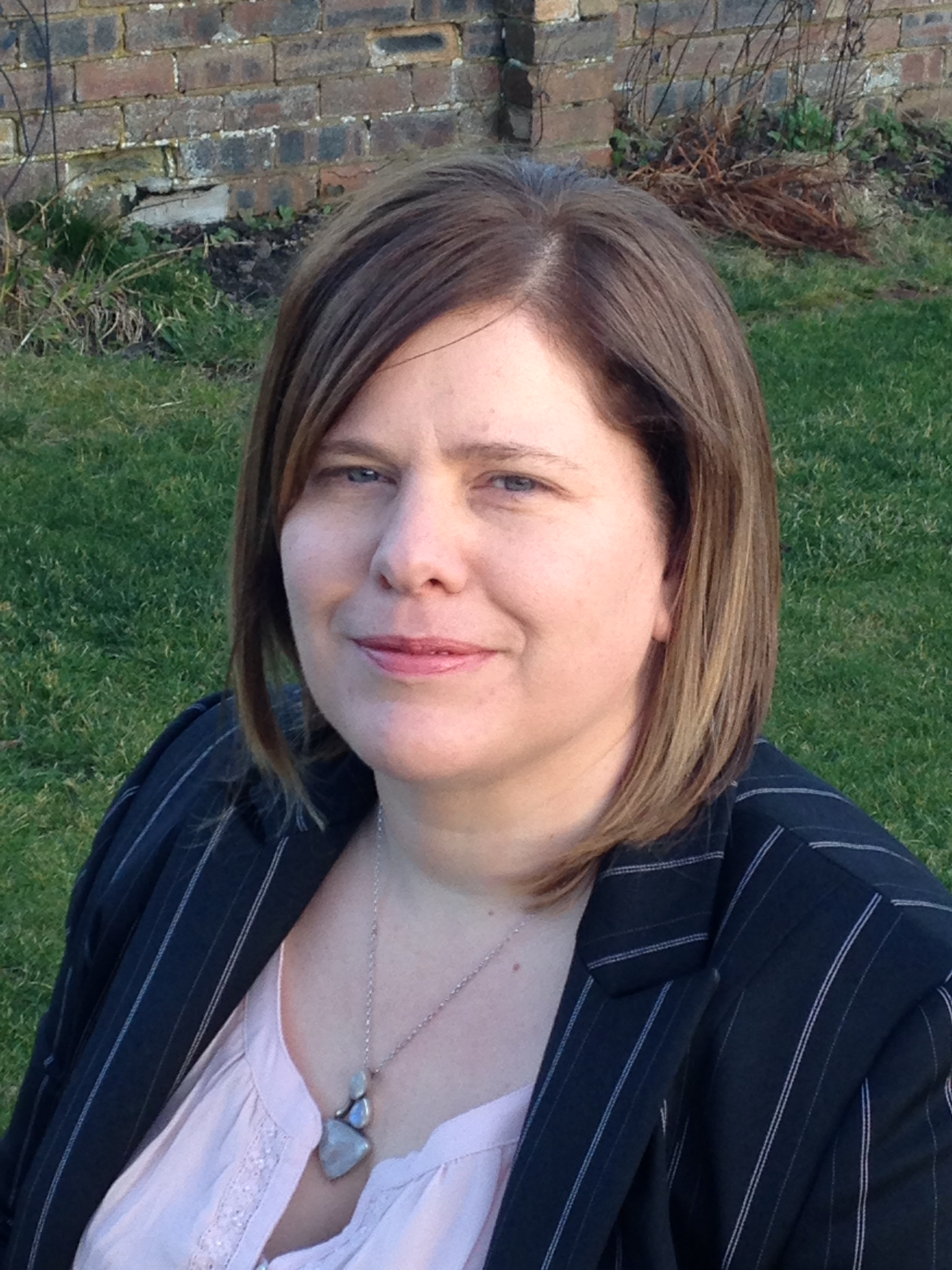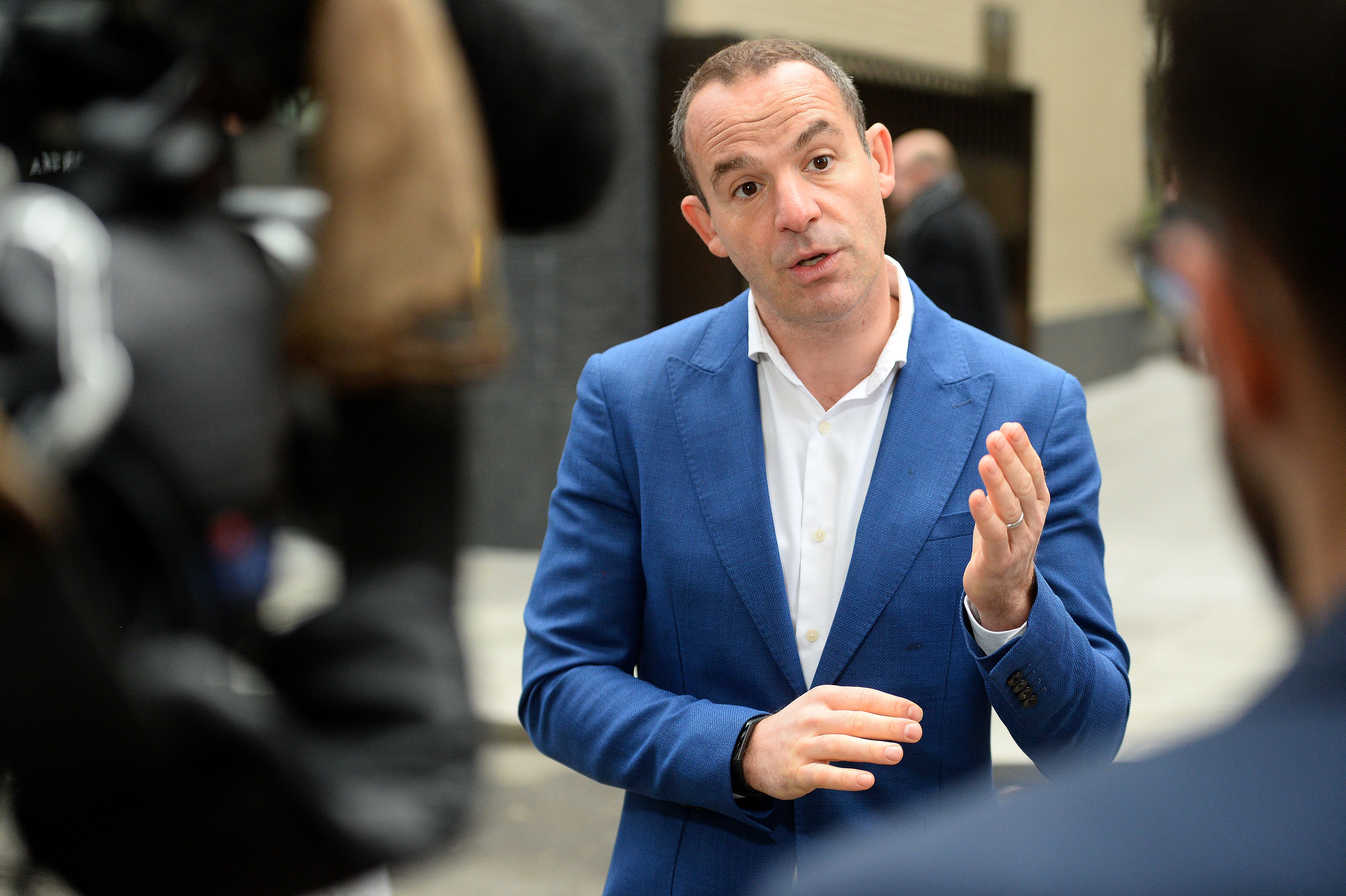
Only 11% people would “entirely trust” the UK Government as a source of financial advice or guidance, research has revealed.
The same study also found that just 12% of those questioned said they would “entirely trust” information from the Scottish Government.
New research, carried out by the David Hume Institute think tank, showed that only a fifth (21%) of those questioned trusted “companies which provide financial products such as pensions” as a source of information.
Instead more than half of people (52%) identified family and friends as a source of reliable information.

But, overall, more than a third of people (36%) said they did not know who they could trust for advice and guidance on financial matters.
While the research was done in Scotland, the Institute and Faculty of Actuaries (IFoA), which commissioned the work, said it had “wider application and resonance”.
More than 1,000 people in Scotland were surveyed for the work, with questions being asked in May.
The results were combined with one-to-one online interviews and group discussions for the the Great Risk Transfer report.

Overall, this concluded that financial risks are intensifying, creating an unfair and increasing burden on individuals.
It also found that stress, fear, stigma and embarrassment were holding back many people from seeking advice and guidance, as well as undermining people’s ability to absorb relevant information about such “matters that affect their wellbeing” including pensions, insurance, future health provision, housing and employment.
Speaking about the research, Susan Murray, director of the David Hume Institute, said: “Trust is clearly a barrier to seeking advice but there are also other cultural and emotional factors at play, including stress and embarrassment and lack of knowledge that stop people from dealing with the financial risks that impact their lives.
“The research highlights how governments and employers have shifted the burden of financial risk increasingly to the individual who is expected to understand and manage the many choices they face when it comes to pensions, health, housing and employment.
“Yet in reality, circumstances cannot only limit choice but can also mean that many do not know the myriad of decisions they have to make.
“Indeed, a good choice today could easily be a bad choice tomorrow and without Government safety nets, a huge problem awaits us all in the not-so-distant future unless we begin now to talk more openly about money and re-evaluate where the burden of risk is falling.”
She added that most of those taking part in the research “expressed a strong desire for improved access to relevant information and guidance”.
Sources of advice which people singled out for praise included the Citizens Advice Bureau and Martin Lewis, the founder of the MoneySavingExpert.com website.
Ms Murray stated: “Trust in non-profit sector providers, especially Citizens Advice Bureau, was significantly higher than the most trusted financial services providers.
“So, while the answer is not simply more information, long-term stable funding for the most trusted providers must clearly be a strategic priority if the goal is to better equip people to manage financial risk.”
Nicholas Chadha, who sits on the Scottish Board of the IFoA, said that the “powerful independent report from the David Hume Institute” was based on “rich research and compelling individual testimony”.
He added: “While primarily based on evidence in Scotland, the challenging recommendations clearly have wider application and resonance.
“As part of our public interest commitment, we look forward to a vigorous debate on the findings at a time when the challenge to individuals and communities to understand and calibrate risk is so vital to their financial wellbeing.”







